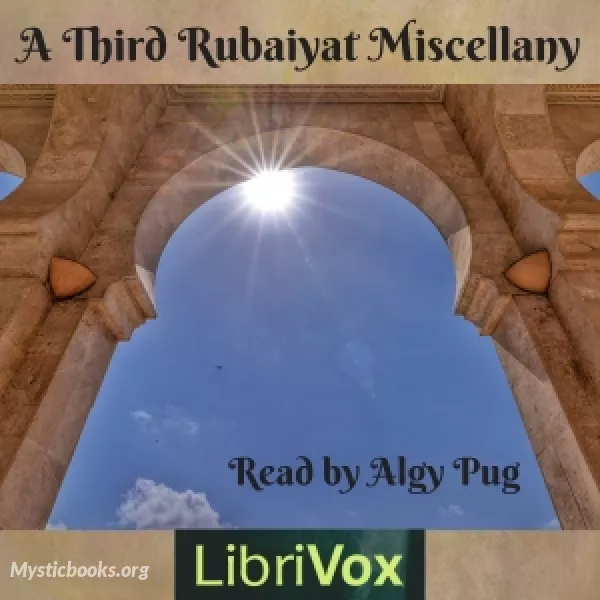
A Third Rubaiyat Miscellany
by Omar Khayyam
'A Third Rubaiyat Miscellany' Summary
Omar Khayyám's A Third Rubaiyat Miscellany is a collection of quatrains that explore the mysteries of life, death, and love. Khayyám was a Persian polymath, philosopher, mathematician, astronomer, and poet. He is best known for his Rubaiyat, a collection of quatrains that have been translated into many languages and have been praised for their wisdom, beauty, and insight.
The quatrains in A Third Rubaiyat Miscellany are translated from the Persian by various translators, including J.B. Nicolas, Michael Kearney, Peter Whalley, H.G. Keene, George Milner, and Tinsley Pratt. These quatrains offer a glimpse into Khayyám's unique and profound worldview.
Khayyám's quatrains are often characterized by their hedonism, skepticism, and love of life. He wrote about the importance of enjoying the present moment and of living life to the fullest. He also wrote about the mysteries of life and death, and about the futility of trying to understand the universe.
One of the most famous quatrains in the collection is:
A loaf of bread, a jug of wine, and thou
Beside me singing in the wilderness—
Oh, wilderness were paradise enow!
And nothing more my heart could wish.
This quatrain expresses Khayyám's belief that the simple things in life are the most important. He does not need material possessions or wealth to be happy; all he needs is good company, good food, and good wine.
Another famous quatrain is:
The Moving Finger writes; and, having writ,
Moves on: nor all your Piety nor Wit
Shall lure it back to cancel half a Line,
Nor all your Tears wash out a Word of it.
This quatrain reminds us that life is fleeting and that we cannot change the past. We must accept what has happened and move on.
Khayyám's quatrains are full of wisdom, beauty, and insight. They offer a unique perspective on the human condition and on the meaning of life. A Third Rubaiyat Miscellany is a must-read for anyone who enjoys poetry, philosophy, or simply beautiful and insightful writing.
Essence and Spirit of the Book
The essence of A Third Rubaiyat Miscellany is a celebration of life and the human spirit. Khayyám's quatrains are a reminder that we should cherish the present moment and live life to the fullest. They also remind us that we are all connected and that we should treat each other with kindness and compassion.
The spirit of the book is one of wisdom, hope, and optimism. Khayyám's quatrains offer a unique perspective on the human condition and on the meaning of life. They are a source of comfort and inspiration for readers of all ages.
Conclusion
A Third Rubaiyat Miscellany is a timeless collection of quatrains that will continue to resonate with readers for generations to come. Khayyám's quatrains are a celebration of life, love, and the human spirit. They are a source of wisdom, hope, and inspiration for readers of all ages.
Book Details
Language
EnglishOriginal Language
EnglishPublished In
1859Genre/Category
Tags/Keywords
Authors
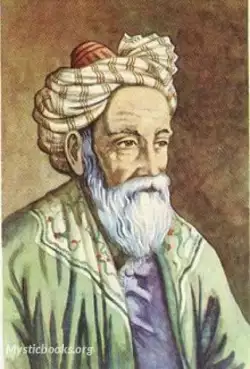
Omar Khayyam
Persia
Omar Khayyam was a Persian polymath, mathematician, astronomer, philosopher, and poet. He was born in Neyshabur, in northeastern Persia, and was contemporary with the rule of the Seljuks around the ti...
Books by Omar KhayyamDownload eBooks
Unfortunately, no ebooks exist for this book, yet...
Listen/Download Audiobook
- Select Speed
Related books
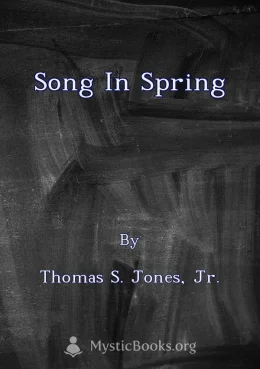
Song in Spring by Thomas S. Jones, Jr.
A Song in Spring is a collection of poems that explore themes of love, loss, and the passage of time. Jones's lyrical style and vivid imagery capture...

The Shakedown on the Floor by Henry Lawson
In this poem, Henry Lawson captures the loneliness and isolation of life in the Australian bush. The speaker is a swagman, or itinerant worker, who is...
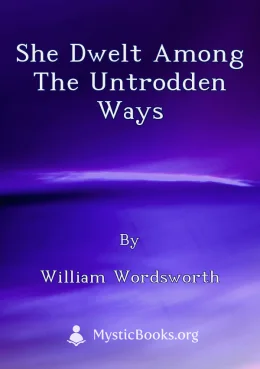
She Dwelt among the Untrodden Ways by William Wordsworth
LibriVox volunteers bring you 13 recordings of She Dwelt among the Untrodden Ways by William Wordsworth. This was the weekly poem for the week of May...
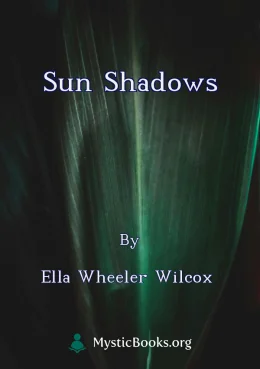
Sun Shadows by Ella Wheeler Wilcox
Sun Shadows is a collection of poems by Ella Wheeler Wilcox that explores themes of love, loss, life, and the beauty of the natural world. Wilcox's wo...
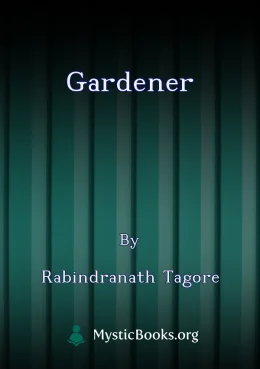
Gardener by Rabindranath Tagore
The book "Gardener" by Rabindranath Tagore is a collection of lyrics and poems that explore themes of love, life, and spirituality. The lyrics in this...
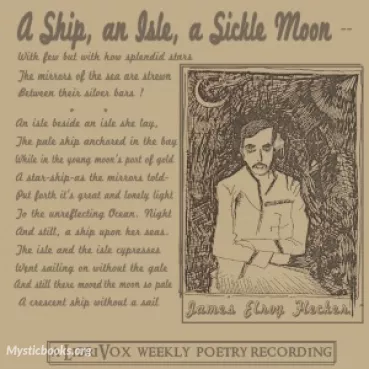
A Ship, an Isle, a Sickle Moon by James Elroy Flecker
A ship, an isle, a sickle moon: a scene of beauty and mystery, or a portent of things to come? James Elroy Flecker's poem "A Ship, an Isle, a Sickle...
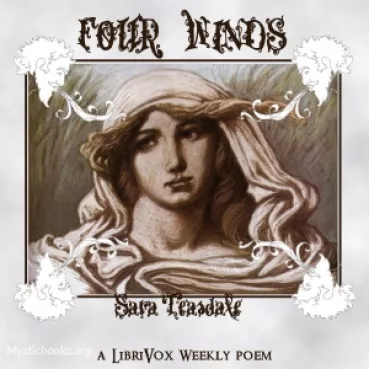
Four Winds by Sara Teasdale
Four winds blowing through the sky, you have seen poor maidens die, tell me then what I shall do that my lover may be true. "Four Winds" is a poem by...
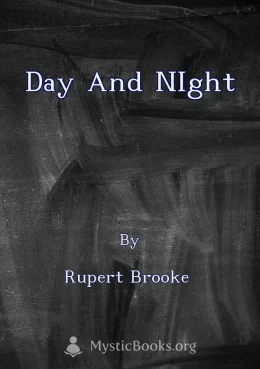
Day and NIght by Rupert Brooke
Rupert Brooke's poems are characterized by their vitality, beauty, and charm. They celebrate life and the beauty of the natural world, and they often...
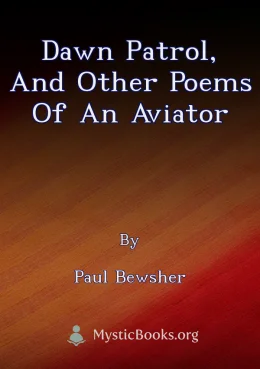
Dawn Patrol, and Other Poems of an Aviator by Paul Bewsher
This collection of poetry explores the experiences of a wartime aviator, offering a raw and deeply personal look at the emotional toll of combat. The...

Sea Drift from Leaves of Grass by Walt Whitman
In the swirling depths of Walt Whitman's poetic seascape, "Sea Drift" emerges like a mesmerizing tempest, inviting you to journey through the essence...
Reviews for A Third Rubaiyat Miscellany
No reviews posted or approved, yet...